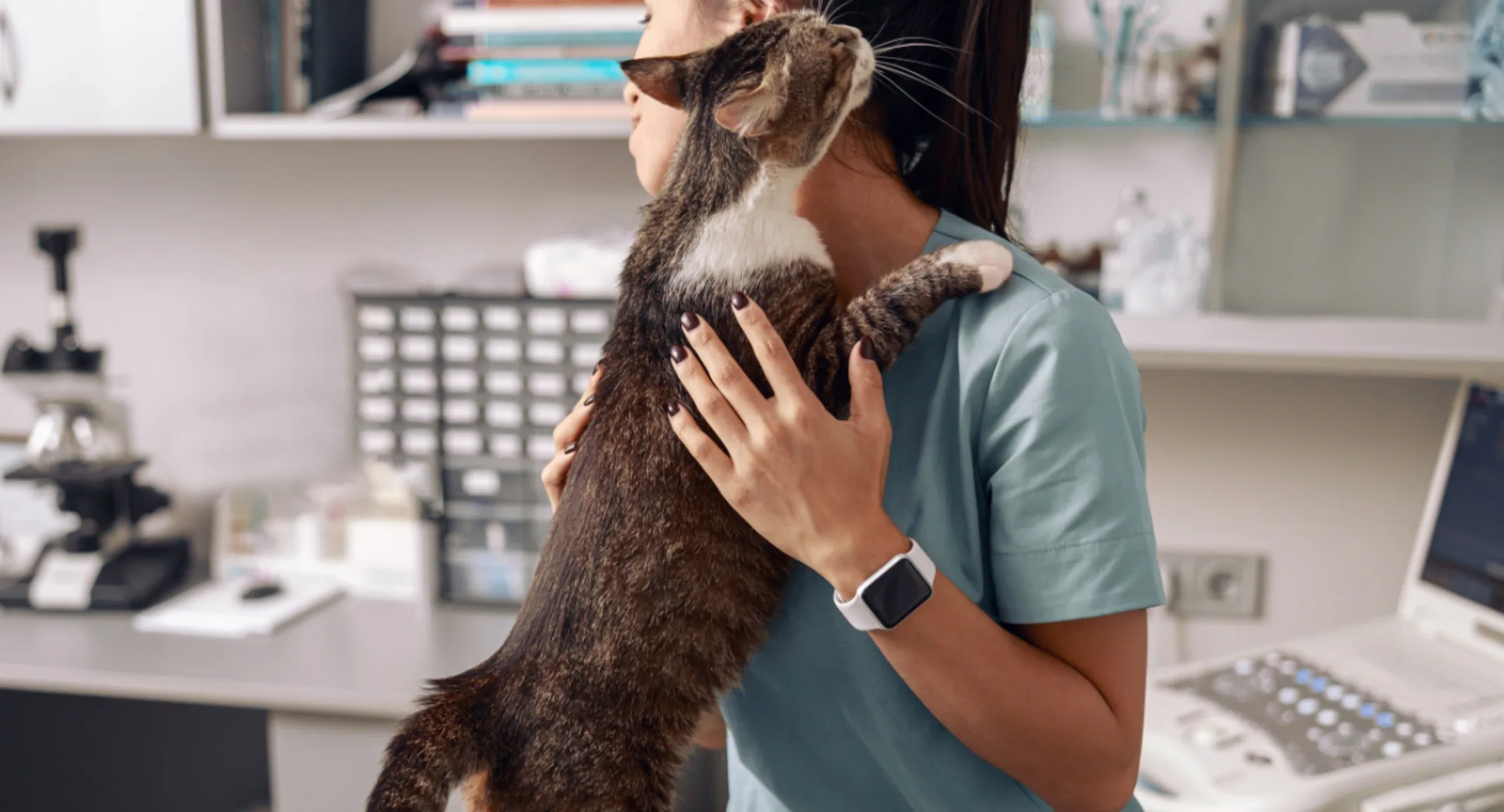Understanding and Managing Anxiety in Your Pet
May 19, 2025 · Health Tips

As pet parents, we always want to ensure our furry companions feel safe, loved, and secure. But just like humans, pets can experience anxiety — and sometimes, it’s more than just a passing phase. If you've noticed recurring signs of anxiety in your dog or cat, it's important to take them seriously. Anxiety, when left untreated, can impact a pet’s overall quality of life.
At Coronado Veterinary Hospital, we’re here to help. Our compassionate veterinary team can work with you to get to the root of your pet’s distress and find effective ways to manage it. Here's how we can support both you and your pet:
🐾 Identifying Possible Triggers
One of the first steps in managing pet anxiety is pinpointing what causes it. Triggers can vary widely from one animal to another. Some common ones include:
Loud noises (like thunderstorms or fireworks)
Separation from their owner
Changes in environment or routine
Visits to the vet or groomer
Interactions with unfamiliar people or animals
Understanding what sets off your pet’s anxious behavior is key to helping them feel more secure.
🐾 Determining the Nature of Their Anxiety
Is your pet only anxious during storms, or do they show signs of stress on a daily basis? We help determine whether your pet's anxiety is situational or part of a chronic condition. This distinction allows us to create a management plan that truly fits their needs.
🐾 Ruling Out Medical Issues
Sometimes, anxiety-like symptoms can be linked to underlying medical problems. For example, pain or hormonal imbalances might make a pet more irritable or restless. That’s why we always start with a thorough physical exam and, if needed, lab work to ensure there aren’t any health issues contributing to their behavior.
🐾 Developing a Tailored Management Plan
No two pets are exactly alike — and neither are their treatment plans. Depending on your pet’s specific triggers and needs, we may recommend a combination of:
Behavioral training to reinforce calm behavior
Counterconditioning techniques to change how your pet reacts to stressors
Environmental adjustments to make your home more comforting
Calming aids or pheromones
Medication when necessary, to manage more severe or chronic anxiety
We work closely with you every step of the way to ensure that any plan we create is practical, sustainable, and compassionate.
How Do I Know If My Pet Is Anxious?
Some common signs of anxiety in pets include:
Pacing or restlessness
Excessive barking or whining
Destructive behavior
Hiding or withdrawing
Trembling or shaking
Changes in appetite
Over-grooming or licking
If you notice any of these signs frequently, especially during particular situations or times of day, it may be time to schedule a consultation.
Let’s Work Together to Support Your Pet
You don’t have to manage your pet’s anxiety alone. With the right support, many pets experience significant improvement and go on to lead happy, balanced lives. If you’re concerned about your pet’s mental wellbeing, connect with us today to schedule a behavioral consultation.
Together, we can make sure your pet feels safe, secure, and loved—every single day.
